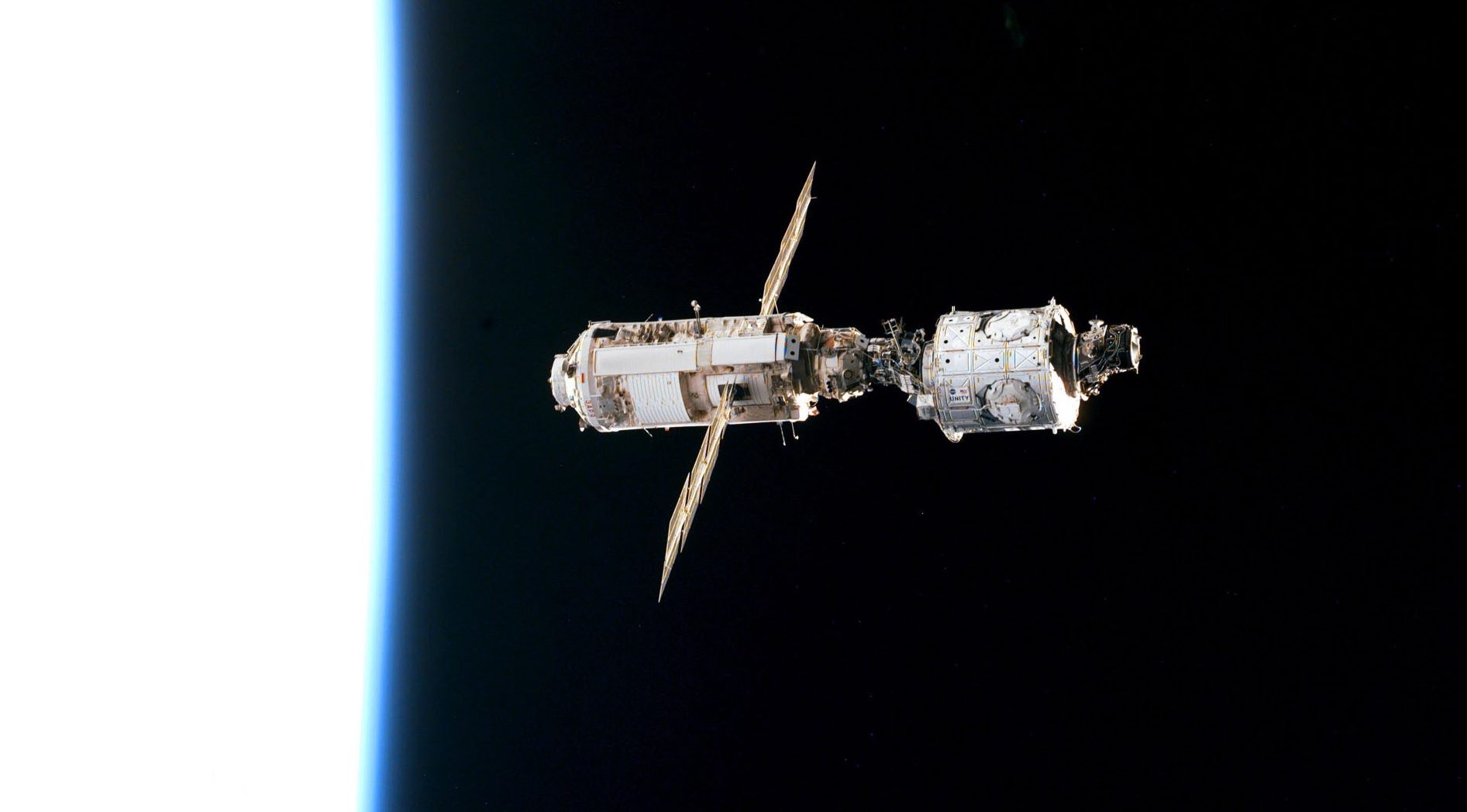If I'm to be honest, I believe in a future of space colonization because I want to believe in it. It's romantic. It's adventurous. It's cool! It's also, in a worst-case scenario, the way to preserve the species in the event we ruin the Earth—a deus ex humana to bail ourselves out even if under those circumstances we wouldn't, perhaps, deserve it. I root hard for the Artemis missions and the Gateway project, which could begin construction on a lunar-orbit space station by the end of the decade, and a crewed mission to Mars in my lifetime. I dream of what's beyond that, because it's good and healthy to dream. In the way are innumerable technological hurdles, which are worth tackling for their own sake: We progress scientifically by determining which challenges can be overcome.
But what if certain challenges are not hurdles but roadblocks, and not technological but biological? If the problem is not what we can build, but what we are? It would be a huge blow to future hopes of a cosmic diaspora if the obstructions were not about time and distance, but about the fundamental weaknesses of the human body. We've long known of the deleterious effects spaceflight can have on the human body: bone loss, anemia, weakened immune systems, higher cancer risks, the list goes on. Some issues are caused by microgravity; others by the background radiation of space—NASA estimates that astronauts are exposed to the equivalent of up to 6,000 chest X-rays. Astronauts in low Earth orbit, where the International Space Station hangs out, are partially shielded from this radiation by Earth's magnetosphere, but even they suffer the effects.
Add to those effects a potentially calamitous one: Space fucks up our kidneys big-time.
The study, ominously titled "Cosmic Kidney Disease" and published last week in Nature Communications, examines the kidney function of 66 astronauts who spent up to 180 days on the International Space Station, which is relatively safe compared to say, a return mission to Mars, which would last a couple years and expose astronauts to the more intense radiation of deep space. But even that limited time really did a number on astronauts. The study found a significant downgrade in kidney function and a higher risk of kidney stones, the result of the shrinkage of renal tubules. This, you need not be a medical doctor to realize, is bad. And the damage could be permanent after long enough—the study simulated the effects of longer exposures on mice, and their kidneys never recovered.
Even more foreboding for a lengthy mission, the effects don't start showing up until it's too late to prevent them. "If we don’t develop new ways to protect the kidneys, I’d say that while an astronaut could make it to Mars they might need dialysis on the way back," said Dr. Keith Siew, lead author on the study. "We know that the kidneys are late to show signs of radiation damage; by the time this becomes apparent it’s probably too late to prevent failure, which would be catastrophic for the mission’s chances of success.”
NASA is well aware of the need to protect against radiation, especially the higher-energy galactic cosmic rays, on any crewed interplanetary mission, and is investigating potential solutions. One way to shield against cosmic rays is through sheer protective mass: a bulkier spacecraft. This chungus-craft, however, would be prohibitively heavy and expensive to launch. Another option is to use materials that shield more efficiently without weighing more. Those materials don't currently, uh, exist. Other ideas, like force fields or medication that counteracts the effects of radiation, remain in the distant realm of the theoretical. Right now, there's no way to go to Mars or beyond without exposing astronauts to potentially lethal doses of radiation.
It would be almost poetic if the limitations that keep us ultimately earthbound are not those of distance and time but of our bodies themselves. But it does make sense. We have evolved over billions of years to live here, and only here: this much gravity, this much exposure to radiation, this temperature and pressure and atmospheric composition. When we talk about the Goldilocks Zone of habitability, there's nothing special about those parameters—they're just the ones humans are designed for.
This is not necessarily a death sentence for space exploration and colonization; the same sci-fi brain that can imagine settling other planets can easily conceive of, I dunno, genetic engineering to protect our kidneys against the ravages of space. But there are a lot of very smart people who believe that these and other issues are truly insurmountable, that we will never live on other worlds. They could be right! My first reaction is to find that disheartening, but maybe it doesn't have to be. Maybe it could instead be galvanizing, to know that we as a species have to live and die here. There's no shame in that—it's the case for every other species so far—and it is, perhaps, motivation to make the best of what we have, to preserve it, to stop fucking it up. If there's no escape from an uninhabitable Earth, the only choice is to fix it.





